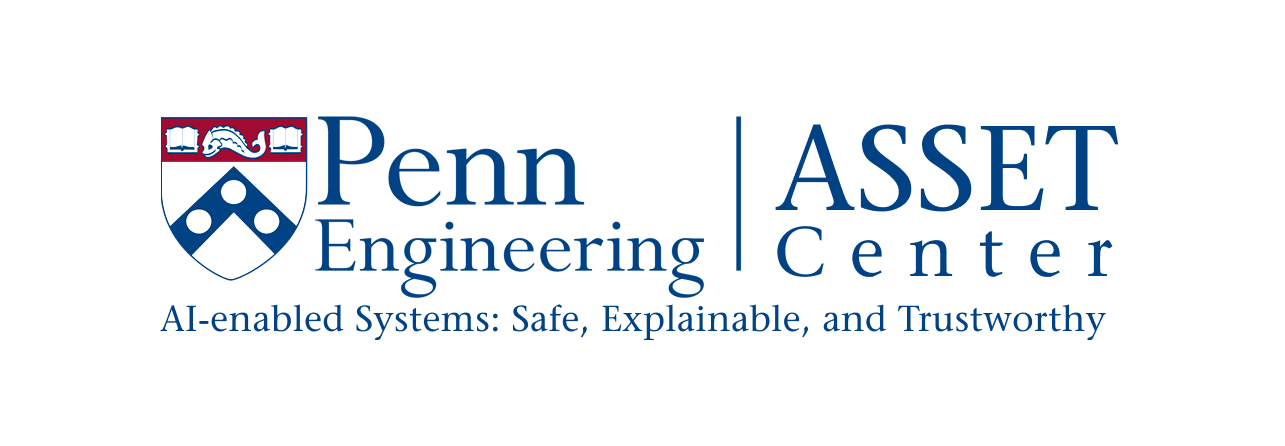
Yiqiao Zhong (UWM): “How do LLMs generalize on out-of-distribution tasks? insights from model’s internal representations”
Abstract:
A mystery of large language models (LLMs) is their ability to solve novel tasks, notably through a few demonstrations in the prompt (in-context learning). Such tasks often require the model to generalize far beyond its training distribution, raising the question: how do LLMs achieve this form of out-of-distribution (OOD) generalization? For example, in symbolized language reasoning where names/labels are replaced by arbitrary symbols, yet the model can infer the correct name-label mapping without any finetuning.
In this talk, I will open the black box of LLMs and reveal how three facets of LLM behavior are interconnected: emergent phenomena during training, OOD generalization, and a model’s representation of compositions. Focusing on induction heads, I will show that learning the right compositional structure is a key to OOD generalization, and this learning process exhibits sharp transitions in training dynamics. Further, I propose that “”common bridge representation hypothesis””—where a latent subspace in the embedding space acts as a bridge to align multiple attention heads across early and later layers—may be the key geometric structure underlying the success of transformers.
Biography:
Yiqiao Zhong is currently an assistant professor at the University of Wisconsin-Madison, Department of Statistics. Yiqiao obtained his PhD from Princeton University, advised by Prof. Jianqing Fan, and was a postdoc at Stanford University, advised by Prof. Andrea Montanari and Prof. David Donoho. His research interests are the scientific foundations of large language models, including interpretability, visualization, and statistical theory.
Zoom: https://upenn.zoom.us/j/91447341103

